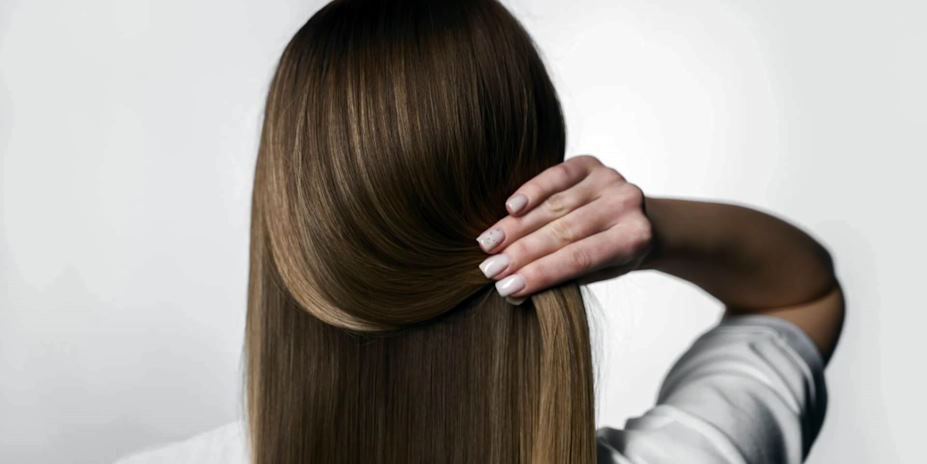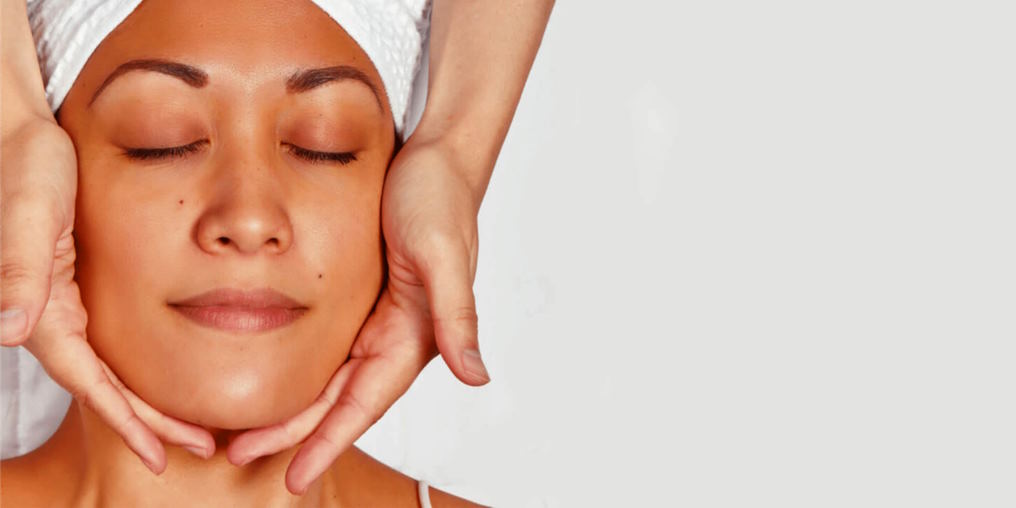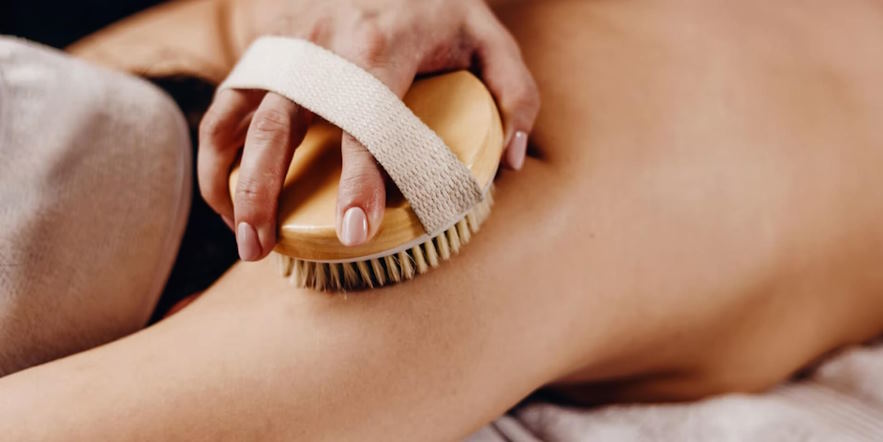
Nicotinic acid, also known as niacin or vitamin B3, has gained attention recently for its potential role in promoting hair growth and improving overall health. As a member of the B-vitamin family, nicotinic acid plays a vital role in various metabolic processes within the body, including those related to hair follicle function and growth.
Benefits of Nicotinic Acid for Hair Growth
- Nicotinic acid is known for its vasodilatory effects, meaning it helps to widen blood vessels and improve blood circulation. This increased blood flow to the scalp can nourish hair follicles with essential nutrients and oxygen, promoting healthy hair growth.
- By improving blood circulation, nicotinic acid facilitates the delivery of nutrients to the hair follicles, ensuring they receive the building blocks necessary for optimal growth and maintenance. This can result in stronger, thicker hair with improved resilience against damage.
- Dihydrotestosterone (DHT) is a hormone derived from testosterone that can contribute to hair loss in individuals genetically predisposed to androgenetic alopecia (male or female pattern baldness). Some studies suggest that nicotinic acid may help inhibit the production of DHT, potentially slowing down hair loss and promoting hair regrowth.
- Nicotinic acid exhibits anti-inflammatory properties, which can help soothe and calm the scalp, reducing itching, flakiness, and irritation. A healthy scalp environment is essential for supporting optimal hair growth and minimizing conditions that may impede it, such as dandruff or scalp psoriasis.

Contraindications and Considerations
- When applied topically to the scalp, nicotinic acid can cause a temporary flushing or tingling sensation. While this reaction is generally harmless, individuals with sensitive skin may experience discomfort or irritation. It’s advisable to perform a patch test before using nicotinic acid products extensively and to discontinue use if adverse reactions occur.
- Although rare, some individuals may be allergic to nicotinic acid. Symptoms of an allergic reaction may include itching, redness, swelling, or hives. If you experience any of these symptoms after using nicotinic acid products, seek medical attention promptly.
- Nicotinic acid supplements or topical preparations may interact with certain medications, including blood thinners, cholesterol-lowering drugs, and medicines used to treat diabetes. Consult with a healthcare professional before incorporating nicotinic acid into your routine, especially if you are taking prescription medications.
- When using nicotinic acid supplements, it’s important to follow recommended dosage guidelines to avoid potential side effects such as liver toxicity or gastrointestinal upset. Excessive intake can lead to adverse reactions and should be avoided.





